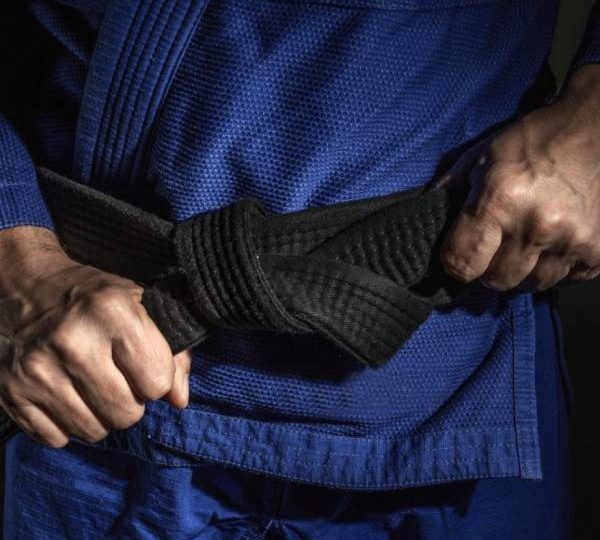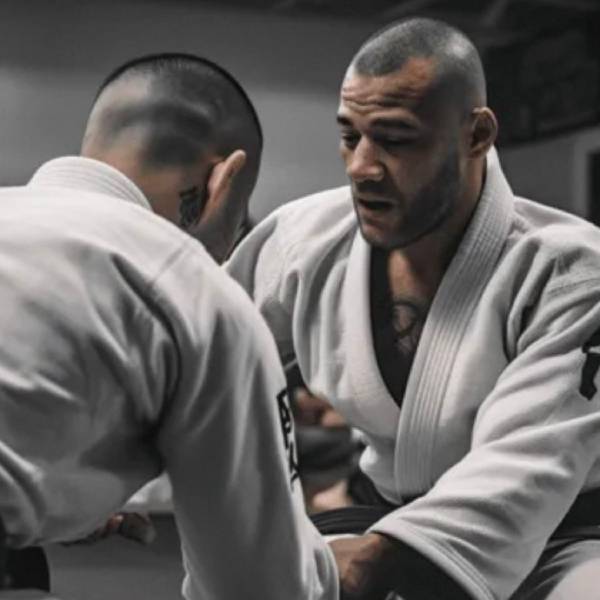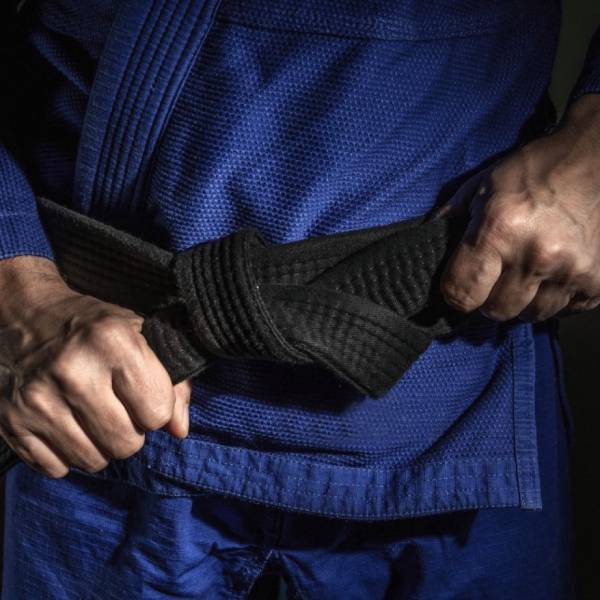
How Long to Get Black Belt in BJJ: A Comprehensive Guide
Achieving a black belt in Brazilian Jiu-Jitsu (BJJ) is a significant milestone. Many practitioners seek to understand how long it takes to reach this level. This journey involves dedication, training, and perseverance in the art of grappling. The timeline can vary greatly among individuals. Let’s explore the factors influencing how long to get a black belt in BJJ.

How Long to Get Black Belt in BJJ: Understanding the Basics
The Journey to a Black Belt in BJJ
Earning a black belt in Brazilian Jiu-Jitsu (BJJ) is a significant achievement. It typically takes practitioners between 8 to 15 years to reach this level. This time frame underscores the dedication and consistent training required. However, each individual’s journey in BJJ is unique. The variability in the standard reflects the nature of BJJ as more than a sport. It is a lifelong learning process that focuses on mastering techniques, understanding philosophies, and personal growth.
The Individuality of the BJJ Path
It’s crucial to recognize that BJJ is a personal journey. While the black belt represents a milestone, the time it takes varies from person to person. Some may progress more quickly, while others may take longer. This journey is not just about physical skill but also mental and emotional development. BJJ emphasizes a holistic approach to learning, where each practitioner is encouraged to grow at their own pace. The black belt is a testament to the journey, reflecting not just years of training but also the depth of understanding and the ability to apply BJJ principles in various situations.
How Long to Get Black Belt in BJJ: Factors Influencing Time
Factors Affecting the Timeline to a Black Belt in BJJ
The journey to a black belt in Brazilian Jiu-Jitsu (BJJ) is influenced by various factors. The frequency of training plays a significant role. Those who train several times a week typically progress more rapidly. Consistency in practice leads to faster skill development. Moreover, natural aptitude can also impact the timeline. Some individuals may have an innate ability that allows them to pick up techniques quickly. This can accelerate their path to a black belt.

The Role of Experience and Aptitude
Previous martial arts experience can be another factor that affects the time it takes to earn a black belt in BJJ. Practitioners with a background in other martial arts may find certain techniques more familiar. This prior knowledge can help them understand and apply BJJ principles more easily. As a result, they might shorten their learning curve. However, it’s important to note that every practitioner’s journey is unique. Even with similar training frequencies and backgrounds, individual differences in learning and dedication will shape each person’s timeline to achieving a black belt.
How Long to Get Black Belt in BJJ: The Role of Training Frequency
The Impact of Training Frequency
The frequency of training is a key determinant of how long it takes to achieve a black belt in BJJ. Consistently attending classes is crucial for skill acquisition. Many athletes opt for a rigorous schedule, training 3 to 5 times a week. This commitment enables them to deeply ingrain techniques and principles. Regular practice also ensures that they are constantly challenging themselves and improving.
Enhancing Learning Through Diverse Training
Training with a variety of partners is another way to enhance the BJJ learning experience. Each training partner brings a unique style and set of skills to the mat. This diversity exposes students to different approaches and techniques, enriching their understanding of BJJ. Engaging with multiple partners also prepares them for the varied scenarios they may encounter in practice and competition. This comprehensive training approach accelerates the journey towards earning a black belt.
How Long to Get Black Belt in BJJ: The Importance of Quality Instruction
The Value of Quality Instruction
Quality instruction is pivotal in determining the timeline to achieve a black belt in BJJ. The level of training can vary significantly from one academy or instructor to another. Instructors with extensive experience offer profound insights into techniques and strategies. They have the ability to adjust their teaching methods to suit individual learning needs. The right mentorship can greatly expedite the learning process, making the journey to a black belt more efficient.
The Role of Experienced Instructors
Experienced instructors are invaluable in the BJJ learning process. They provide guidance that goes beyond the basics, helping students understand the nuances of each technique. By tailoring their teaching to the individual, they ensure that students grasp concepts effectively. This personalized approach not only enhances learning but also motivates students to push their limits. The expertise and mentorship of a seasoned instructor can significantly reduce the time it takes to master BJJ and earn a black belt.

How Long to Get Black Belt in BJJ: The Impact of Competitions
Competing in BJJ tournaments can influence how long to get a black belt in BJJ. Participation in competitions helps practitioners test their skills. It offers real-world experience in grappling scenarios. Competitors learn to evaluate their strengths and weaknesses. As a result, many practitioners refine their techniques and strategies, often leading to accelerated growth. Competing in BJJ tournaments not only enhances skill development but also teaches valuable lessons, making it an ideal kids sport bag choice for aspiring young athletes seeking real-world grappling experience.
How Long to Get Black Belt in BJJ: The Mental Aspect of Training
The mental aspect of training is crucial for how long to get a black belt in BJJ. Understanding grappling concepts enhances performance. Practitioners must develop resilience and tenacity. Overcoming challenges is part of the journey. Those who embrace a growth mindset often progress more quickly than those who do not. Achieving a black belt with gold buckle in BJJ requires not only physical skills but also a strong mental approach, as resilience, tenacity, and a growth mindset play significant roles in overcoming challenges and enhancing overall performance.
How Long to Get Black Belt in BJJ: Staying Committed to Improvement
Finally, staying committed to improvement directly affects how long to get a black belt in BJJ. The journey does not end at black belt. Many practitioners continue their education and skill development after reaching this milestone. The dedication to lifelong learning keeps the journey exciting and fulfilling. Embracing challenges and striving for progress ensure continued success in BJJ. Achieving a serola si belt in BJJ marks a significant milestone, but true mastery lies in the ongoing commitment to improvement and lifelong learning, making every challenge an opportunity for growth.
Conclusion: The Unique Journey to Black Belt
In summary, how long to get a black belt in BJJ varies among individuals. While the average time is around 8 to 15 years, many factors influence this timeline. Training frequency, quality of instruction, competition experience, mental resilience, and commitment all play vital roles. Each practitioner’s journey to a black belt is unique and should be approached with patience and enthusiasm.
Achieving a black belt in BJJ is a rewarding experience. It signifies years of hard work, dedication, and growth. Understanding the factors influencing this important milestone can help practitioners remain focused and motivated. Whether you are starting your BJJ journey or are well on your way, remember that each step counts. Embrace the challenges, enjoy the process, and strive for excellence in your training.